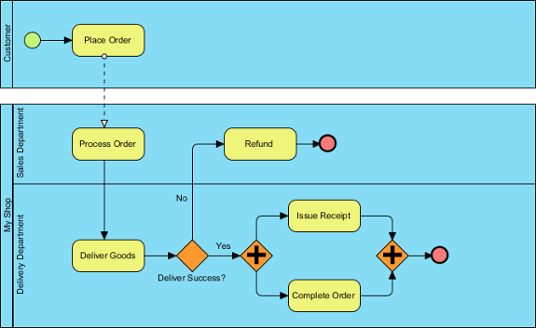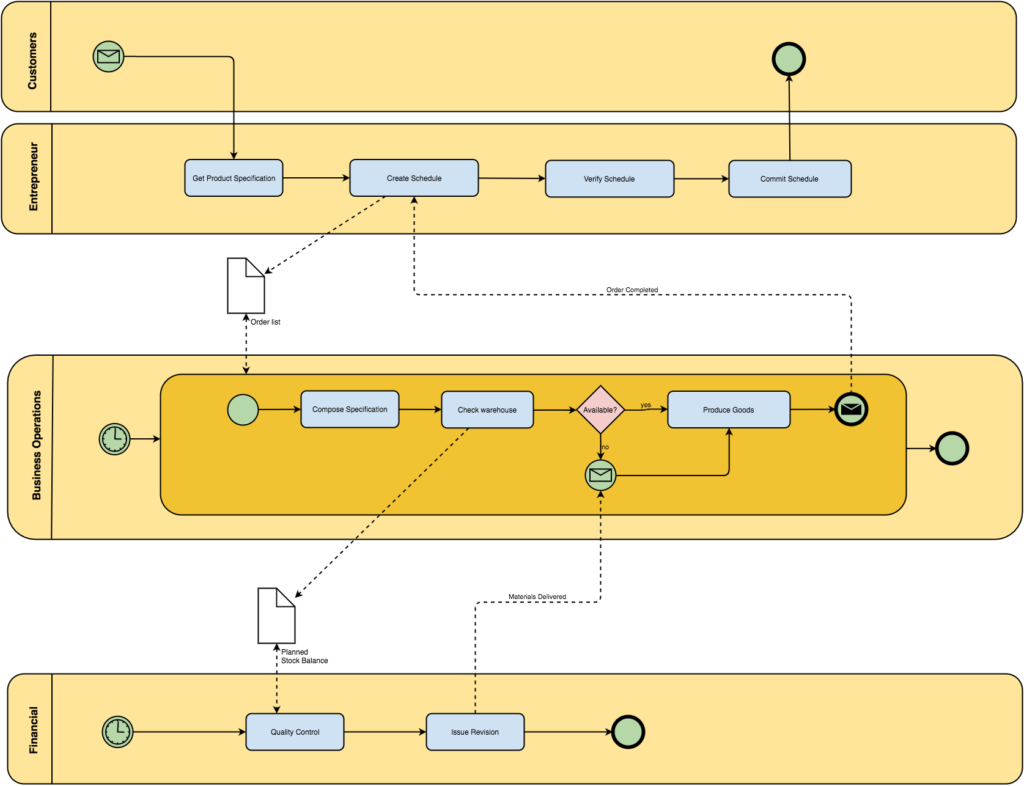Introduction
In today’s competitive job market, universities have a crucial responsibility to equip students with the necessary skills and knowledge to succeed in their chosen careers. One effective approach is to provide a curriculum that integrates employability, enterprise, and entrepreneurship into the academic experience. This holistic approach not only prepares students for the challenges of the professional world but also nurtures their creativity, innovation, and adaptability. In this blog, we will explore the numerous benefits of embedding employability, enterprise, and entrepreneurship within the university curriculum, with a particular focus on experimental learning opportunities and workplace-based learning. Furthermore, we will examine some best practices from around the world that highlight the successful implementation of these strategies.
- Bridging the Gap between Academia and the Real World
Traditional classroom learning often falls short in bridging the gap between theoretical knowledge and practical application. By incorporating employability, enterprise, and entrepreneurship into the curriculum, universities can provide students with a deeper understanding of real-world scenarios. This experiential learning approach enables students to apply theoretical concepts to practical situations, fostering critical thinking and problem-solving skills that are highly sought after by employers.
One example of best practice comes from Stanford University’s Design Thinking program. This program integrates design principles and problem-solving techniques into various disciplines, allowing students to tackle complex challenges with a human-centered approach. Through hands-on projects, collaboration with industry partners, and direct engagement with end-users, students gain valuable experience in addressing real-world problems while developing their entrepreneurial mindset.
- Developing a Culture of Innovation and Entrepreneurship
Entrepreneurial skills are highly valued in today’s dynamic and rapidly evolving job market. Embedding entrepreneurship within the university curriculum encourages students to think creatively, take risks, and explore new opportunities. By engaging students in entrepreneurial activities, such as business plan competitions, incubator programs, or startup internships, universities cultivate a culture of innovation, empowering students to become self-starters and catalysts for change.
Babson College, located in Massachusetts, USA, is renowned for its comprehensive entrepreneurship programs. Babson integrates entrepreneurship into its curriculum across various disciplines, fostering an entrepreneurial mindset in all students. The college offers dedicated centers for entrepreneurial development, such as the Arthur M. Blank Center for Entrepreneurship, which provides students with resources, mentorship, and networking opportunities. This approach enables students to develop the necessary skills and mindset to identify and seize entrepreneurial opportunities.
- Fostering Collaboration and Networking
The integration of employability, enterprise, and entrepreneurship within the curriculum provides ample opportunities for students to collaborate with their peers, as well as industry professionals. Group projects, networking events, and industry partnerships expose students to diverse perspectives, teamwork, and the chance to build valuable professional relationships. These interactions enhance students’ interpersonal and communication skills, making them better prepared for the collaborative nature of the workplace.
At the University of British Columbia in Canada, the Engineering Co-op Program stands out as a prime example of effective collaboration and networking. This program integrates academic study with alternating periods of paid work experience related to the students’ fields of study. Through these co-op work terms, students develop both technical and interpersonal skills while building a professional network. This program’s success lies in the strong partnerships the university has developed with industry employers, who actively participate in students’ learning and provide mentorship throughout their work terms.
- Building Resilience and Adaptability
The modern job market is characterized by uncertainty and constant change. Embedding employability and enterprise within the curriculum equips students with the resilience and adaptability necessary to thrive in such an environment. Through experimental learning opportunities, such as internships, co-op programs, or simulated business ventures, students learn to navigate challenges, overcome obstacles, and embrace change. These experiences provide a solid foundation for personal growth and career development, enabling students to confidently face the ever-evolving demands of the professional world.
The National University of Singapore (NUS) has implemented a comprehensive experiential learning program called the NUS Overseas Colleges (NOC). This program offers students the opportunity to study and work in entrepreneurial hotspots around the world, including Silicon Valley and Beijing. Through NOC, students immerse themselves in a foreign culture, work with startups or multinational companies, and gain a global perspective while building their resilience and adaptability in real-world settings. This program not only provides valuable practical experience but also expands students’ networks and opens up global career opportunities.
- Enhancing Career Readiness
A curriculum focused on employability and enterprise empowers students with essential career readiness skills. By immersing themselves in workplace-based learning, such as internships, apprenticeships, or cooperative education programs, students gain firsthand experience in their chosen fields. This practical exposure not only enhances their technical skills but also hones their professionalism, work ethic, and industry-specific knowledge. As a result, graduates are better equipped to secure employment upon graduation and seamlessly transition into the workforce.
In Germany, the dual vocational education system is a prime example of effective workplace-based learning. This system combines practical, on-the-job training with classroom instruction, ensuring that students acquire both theoretical knowledge and hands-on experience. Companies actively participate in this system, providing apprenticeship opportunities and mentoring students in a real work environment. This approach not only enhances employability but also addresses the skills gap by aligning education with industry demands.
- Cultivating a Culture of Lifelong Learning
An employability-driven curriculum encourages students to become lifelong learners. By emphasizing the importance of adaptability, critical thinking, and problem-solving skills, universities instill in students the desire to continually update their knowledge and acquire new skills throughout their careers. This mindset ensures that graduates remain competitive and adaptable in an ever-changing job market, where continuous learning is essential for professional growth.
The University of Queensland in Australia has implemented a comprehensive framework known as “UQ Employability.” This initiative focuses on embedding employability skills throughout the curriculum, encouraging students to take ownership of their learning and professional development. The university provides a range of resources, workshops, and career counseling services to support students in developing their employability skills. By adopting a lifelong learning approach, the University of Queensland equips graduates with the necessary tools to navigate the evolving job market successfully.
Conclusion
By embedding employability, enterprise, and entrepreneurship within the university curriculum, students are provided with a well-rounded education that prepares them for success in their chosen careers. The benefits of such an approach are numerous, ranging from bridging the gap between academia and the real world to fostering a culture of innovation, collaboration, and adaptability. Best practices from institutions around the world demonstrate the effectiveness of these strategies in preparing students for the demands of the modern job market. By continuously evolving and incorporating these principles, universities can equip students with the skills and mindset necessary to thrive in their professional journeys.





